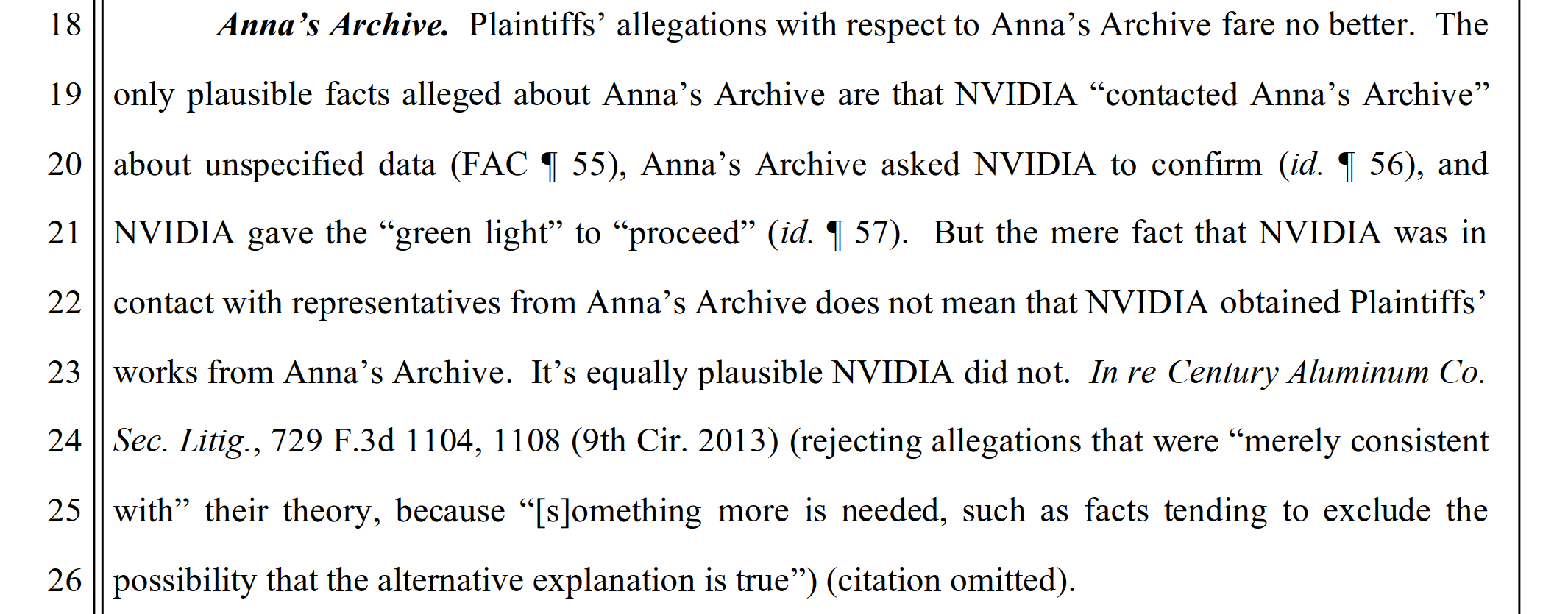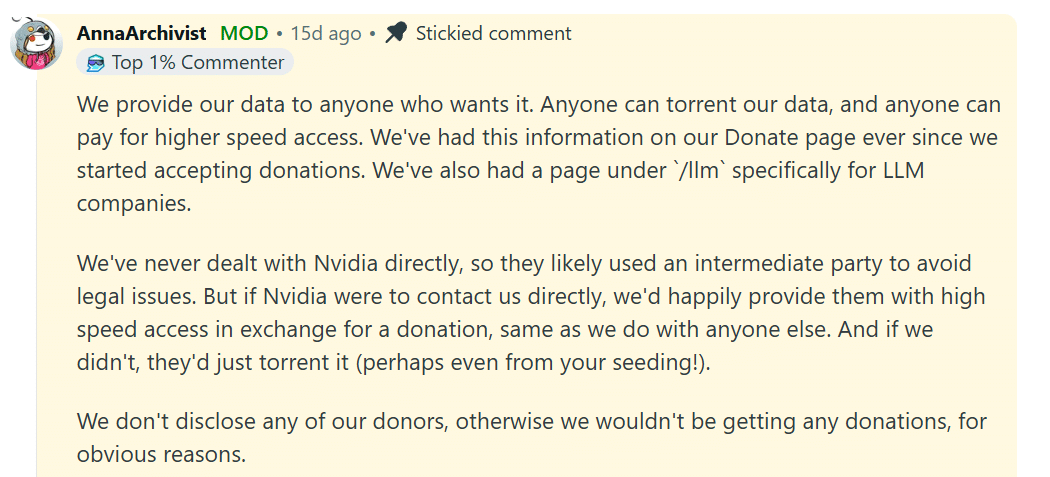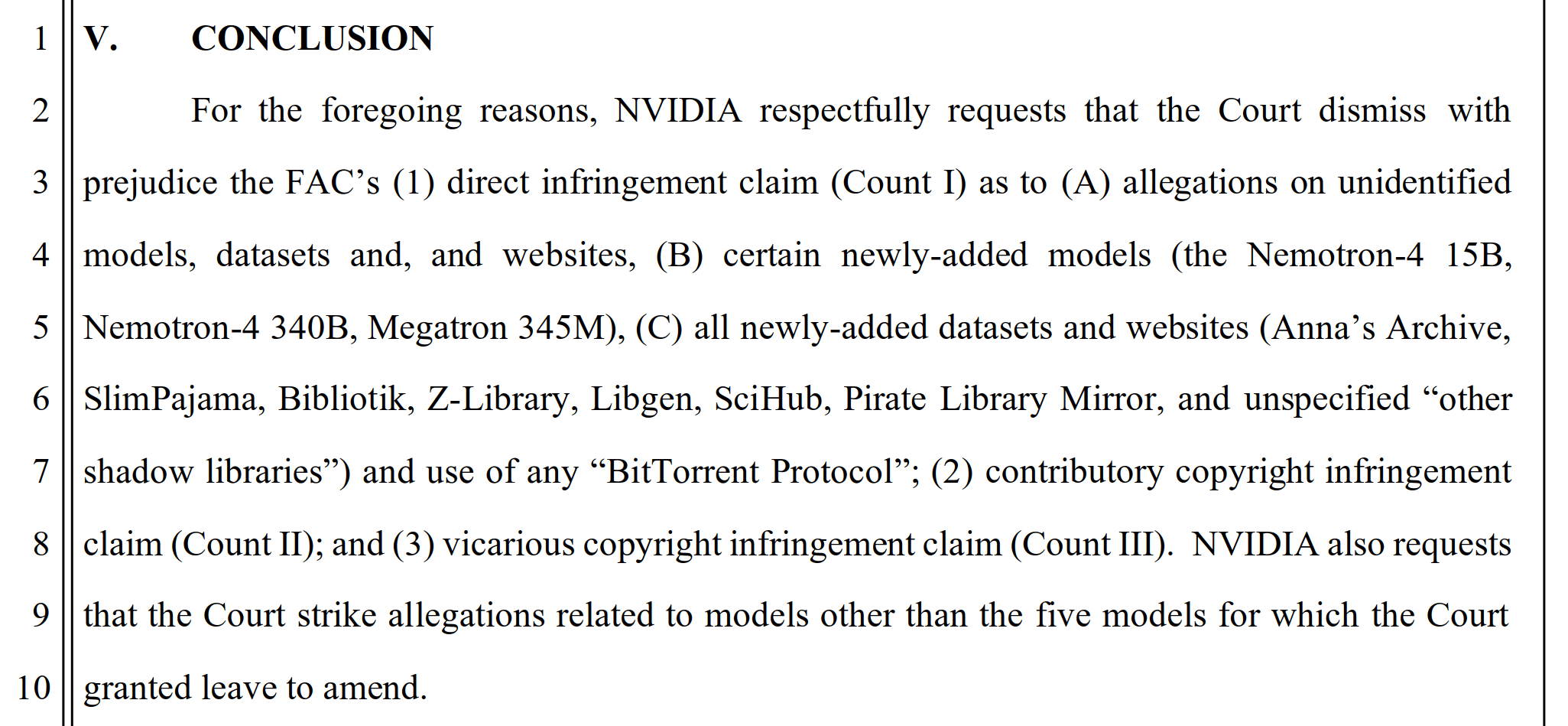-
 chevron_right
chevron_right
Amazon Wins $6 Million in Damages Against Pirated DVD Stores, Plus Domain Takeovers
news.movim.eu / TorrentFreak • 16 February 2026 • 4 minutes
 Amazon is not just the largest e-commerce retailer; the company also has a significant copyright portfolio.
Amazon is not just the largest e-commerce retailer; the company also has a significant copyright portfolio.
In recent years, Amazon has increased its anti-piracy efforts, both individually and as a member of the Alliance for Creativity and Entertainment (ACE).
The company does all it can to protect popular titles such as Fallout, The Lord of the Rings: The Rings of Power, and The Boys, which are typically pirated shortly after their release.
Amazon Sues Pirate DVD Operation
The main focus of these anti-piracy efforts is on pirate streaming and download portals, but it doesn’t end there. In 2023, Amazon sued several websites that sold pirated DVDs disguised as official releases.
While pirated discs are no longer as popular as they were 20 years ago, they remain a problem, especially when illicit copies are sold as the real deal.
The piracy operation consisted of at least eight websites, including dvdshelf.com.au, dvds.trade, dvd-wholesale.com, and dvdwholesale.co.uk. These sites were all linked to the same group of defendants: DVD Trade Int. Ltd, Media Wholesale UK, and an individual named Yangchun Zhang, who reportedly resides in China.

Since Amazon has never released some of these Prime Video series on DVD, there was no doubt the discs were created from illicit sources. Amazon’s investigators conducted more than twenty test purchases, and the Motion Picture Association confirmed that every single sample was pirated.
Defendants Don’t Appear in Court
The defendants were served with the complaint in April 2024 but never appeared in court. According to Amazon’s attorneys, however, the defendants shut some domains down, trading them in for new ones, suggesting that they were aware of the legal pressure.
When Amazon eventually filed its motion for default judgment in March 2025, at least two of the piracy websites were still active. That still holds true at the time of writing, as dvd-wholesale.com and dvdshelf.com.au remain online.
Amazon argued that the defendants were willingly ignoring the lawsuit and simply refused to show up in court. The company requested millions of dollars in damages as well as domain transfers to shut the sites down. After reviewing all the evidence, the court agreed.
$6 Million in Damages
This week, Judge Fernando Aenlle-Rocha of the Central District of California granted Amazon’s motion for default judgment in full, awarding a total of $6,075,000 in statutory damages for copyright and trademark infringement.
Amazon Content Services was awarded $3,075,000 for copyright infringement covering 78 copyrighted episodes across seven television series, including The Rings of Power, The Boys, Clarkson’s Farm, and The Legend of Vox Machina.
The court awarded $75,000 per infringed work for titles Amazon exclusively owns, and proportionally lower amounts for co-owned titles. This is in line with what Amazon proposed itself.
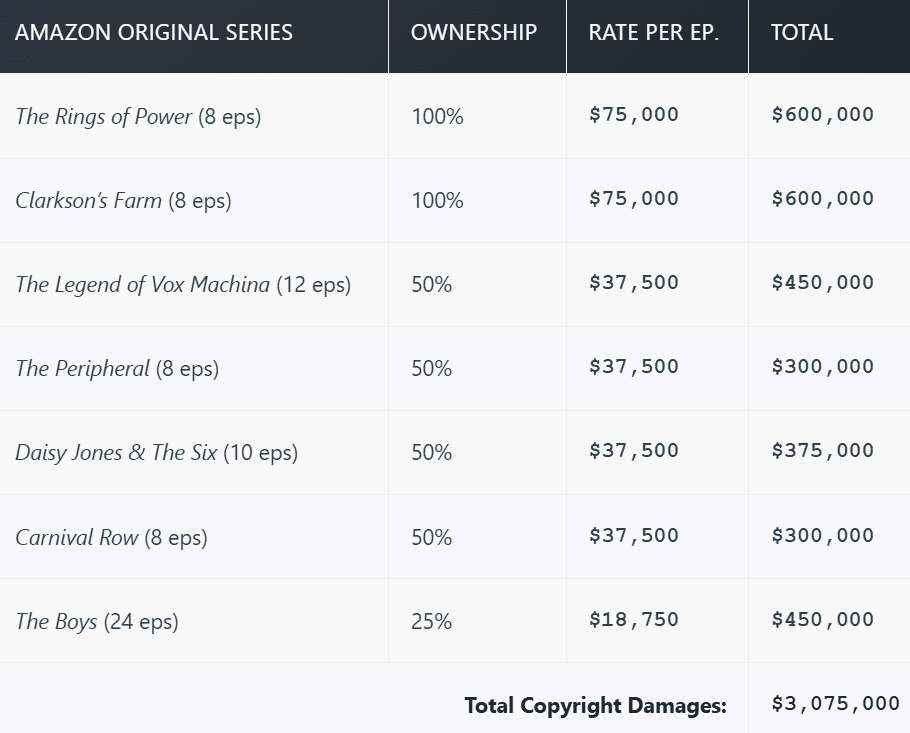
The court also awarded Amazon Technologies an additional $3,000,000 for willful trademark infringement, at $1 million per infringed mark for three of its registered trademarks. This is also in line with what Amazon proposed.
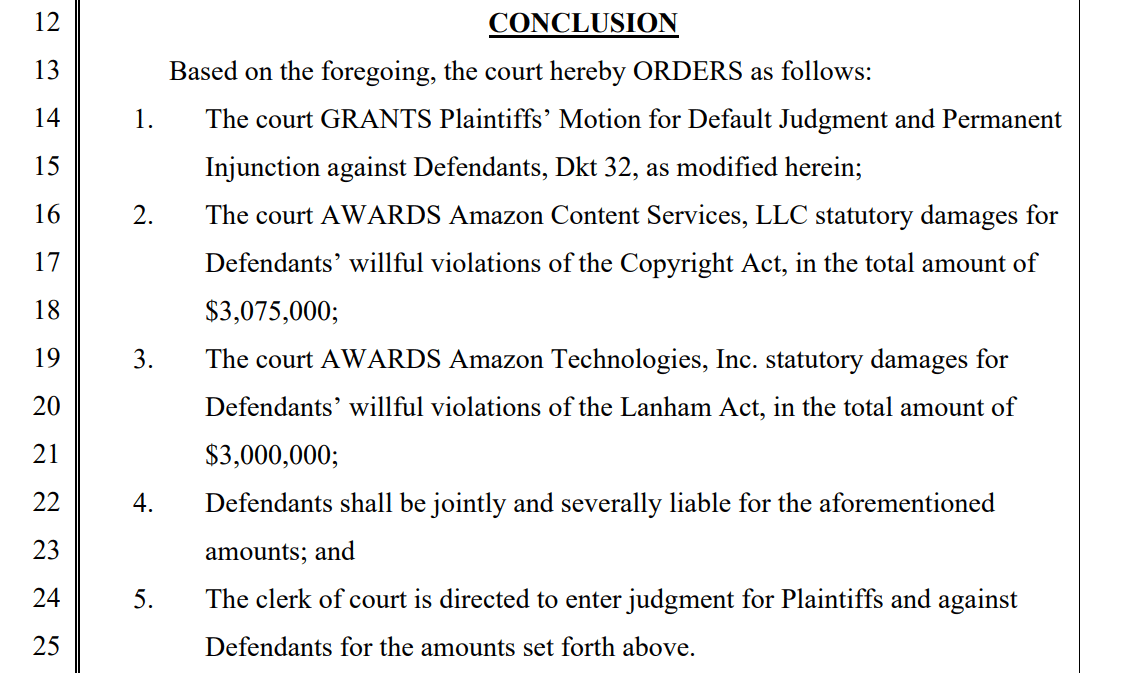
All three defendants, DVD Trade, Media Wholesale UK, and Zhang, are jointly and severally liable for the full damages amount. However, enforcing this type of order against evasive foreign defendants might prove difficult. Therefore, Amazon also requested an injunction targeting the hosting companies and domain names.
Broad Injunction and Domain Transfers
In the order, Judge Fernando Aenlle-Rocha agrees a permanent injunction that extends well beyond the named defendants is indeed warranted.
Specifically, the order prohibits defendants from reproducing, distributing, advertising, or selling any copies of Amazon’s copyrighted works, and also targets the infrastructure behind the piracy operation.
The court directed domain registrars GoDaddy and Drop.com.au to transfer ownership of all eight piracy domains to Amazon. Meanwhile, top-level domain registries, including Verisign, auDA, Elite Registry Limited, and Nominet UK, are also ordered to assist with the transfers.
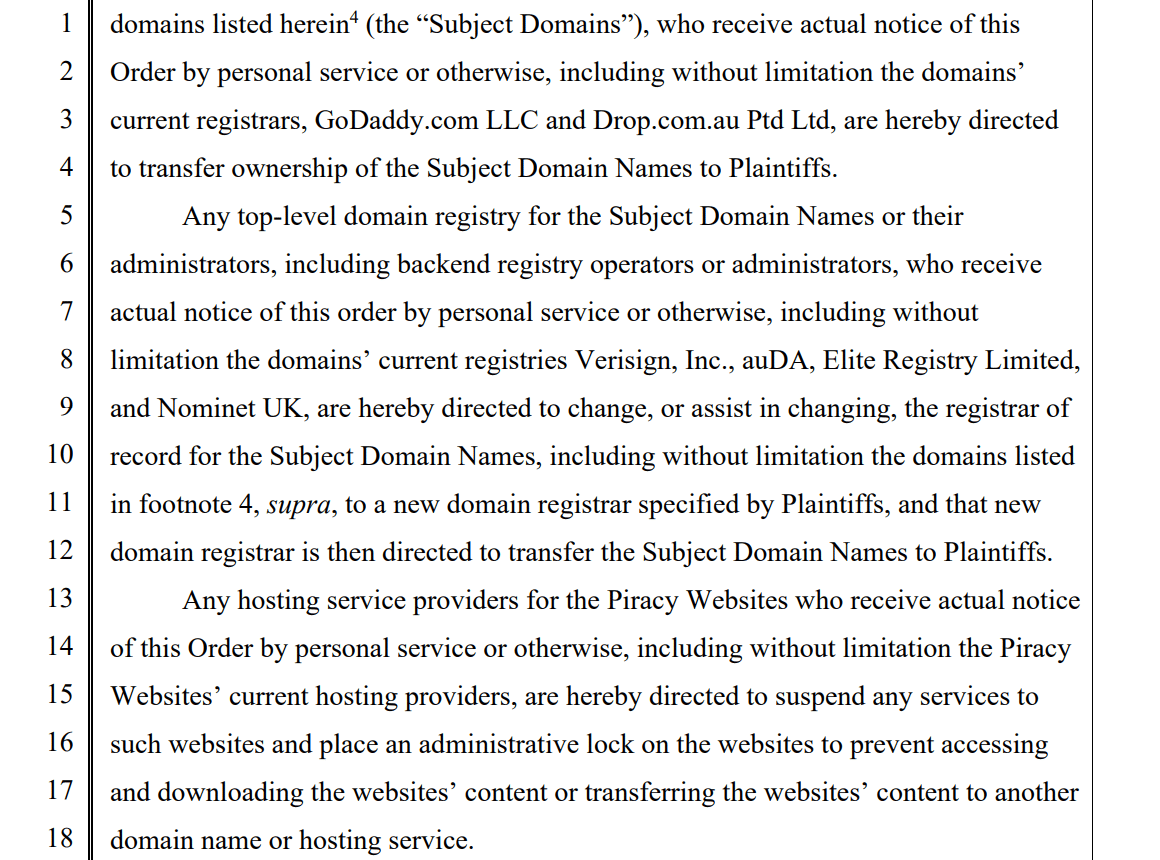
Finally, hosting providers that receive notice of the order must suspend services to the piracy websites and place administrative locks on them to prevent the sites from simply moving elsewhere.
To be Continued?
Importantly, the court also left open the option to extend the injunction to additional domains and websites in the future, if Amazon can demonstrate they are operated by the same defendants and infringe its copyrights or trademarks.
This extension might be much-needed, as the defendants have shown no signs of engaging with the legal process, and it remains to be seen whether a single penny in damages will ever be collected.
Ultimately, the broad injunction is the real prize, however, as this should make it significantly harder for them to continue operating their piracy network, at least under these domain names.
—
A copy of the court’s order granting default judgment and permanent injunction, filed at the U.S. District Court for the Central District of California, is available here (pdf) .
From: TF , for the latest news on copyright battles, piracy and more.



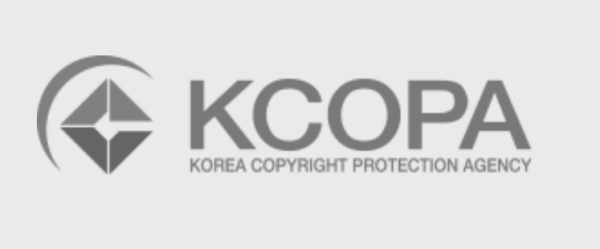 Like most other countries, South Korea has a persistent piracy problem. Online streaming platforms in particular have flourished in recent years.
Like most other countries, South Korea has a persistent piracy problem. Online streaming platforms in particular have flourished in recent years.
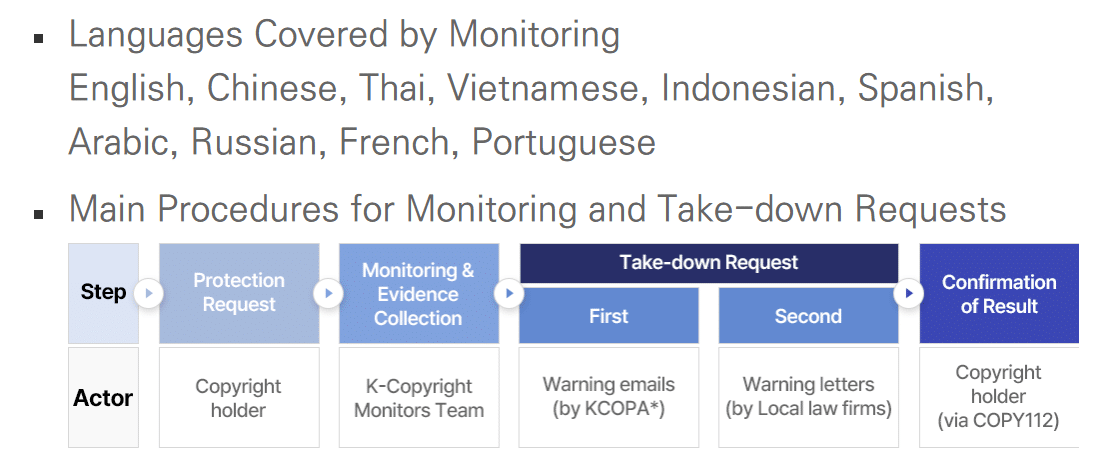

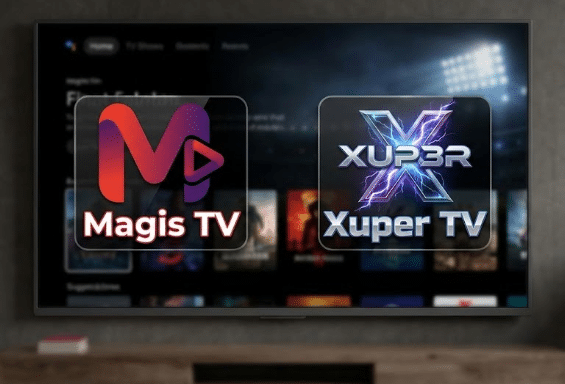 In September 2024, we reported on an unprecedented anti-piracy measure handed down in Argentina.
In September 2024, we reported on an unprecedented anti-piracy measure handed down in Argentina.

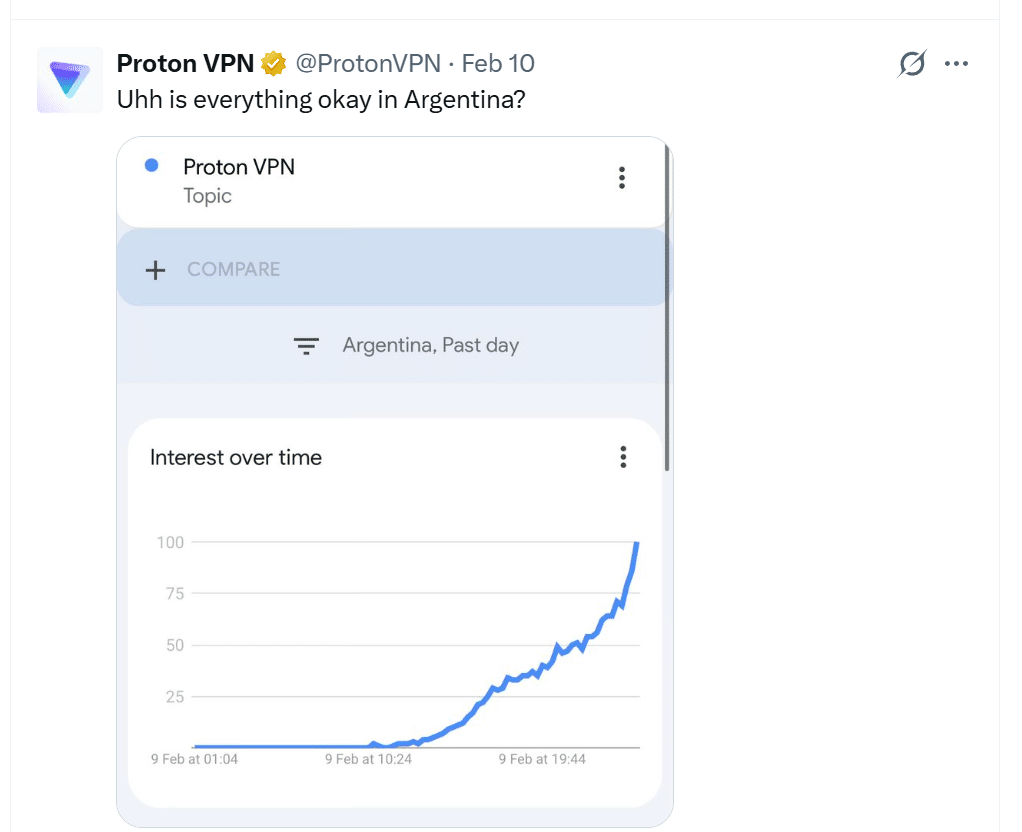

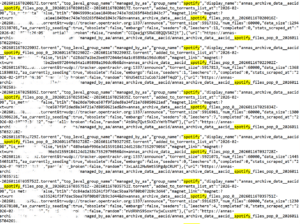
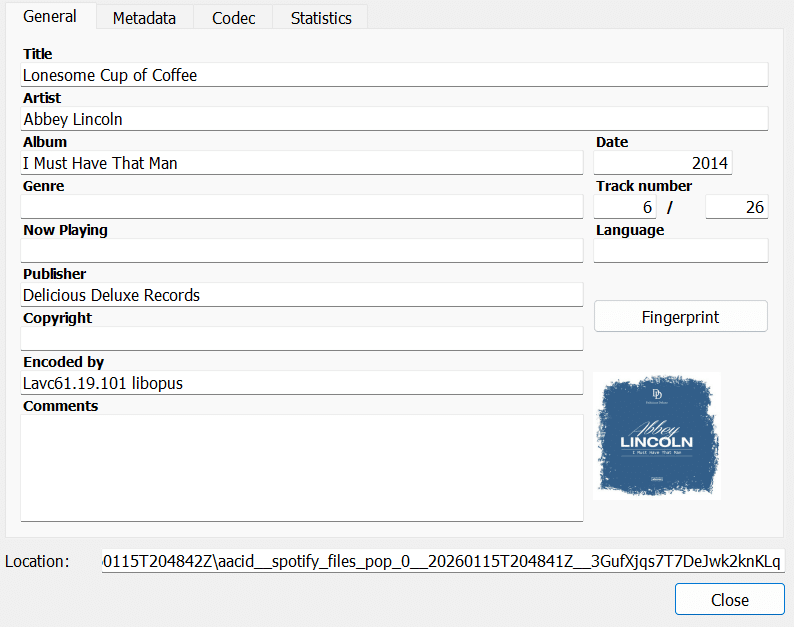
 Pirate site blocking is a common practice in dozens of countries around the world, and the Netherlands and Germany are no exceptions.
Pirate site blocking is a common practice in dozens of countries around the world, and the Netherlands and Germany are no exceptions.
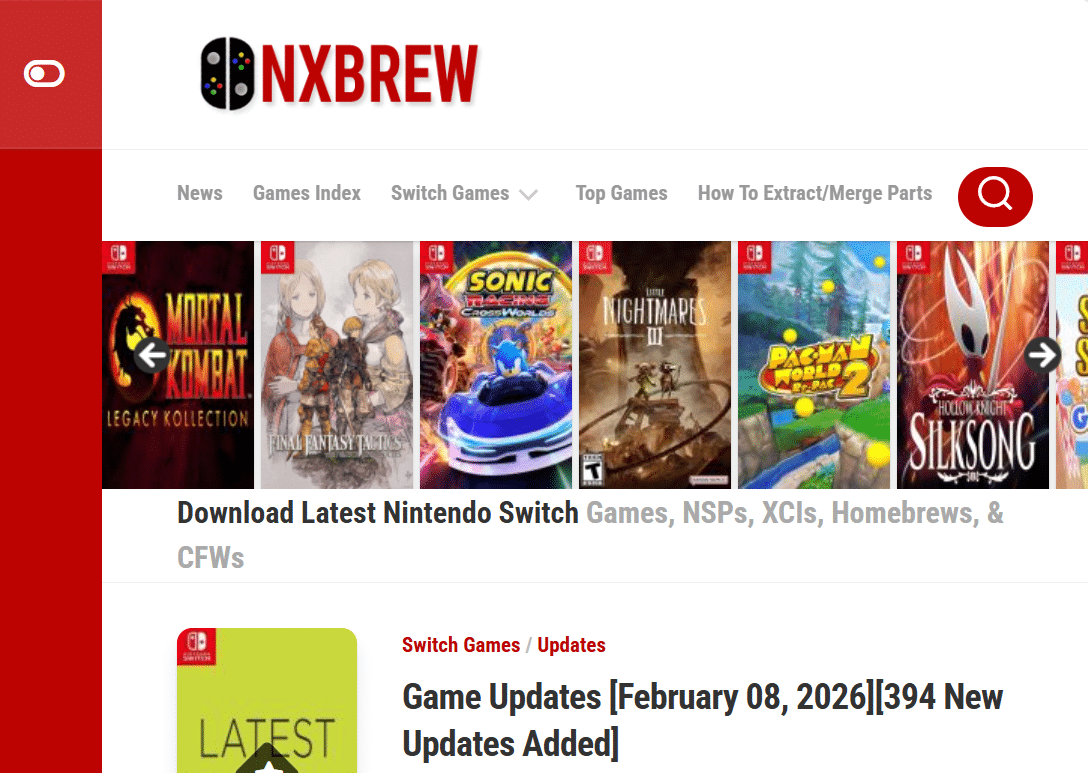

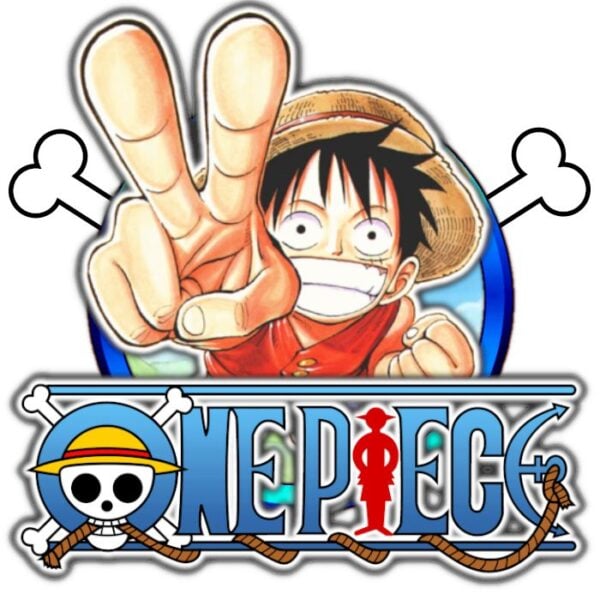 With an impressive
With an impressive

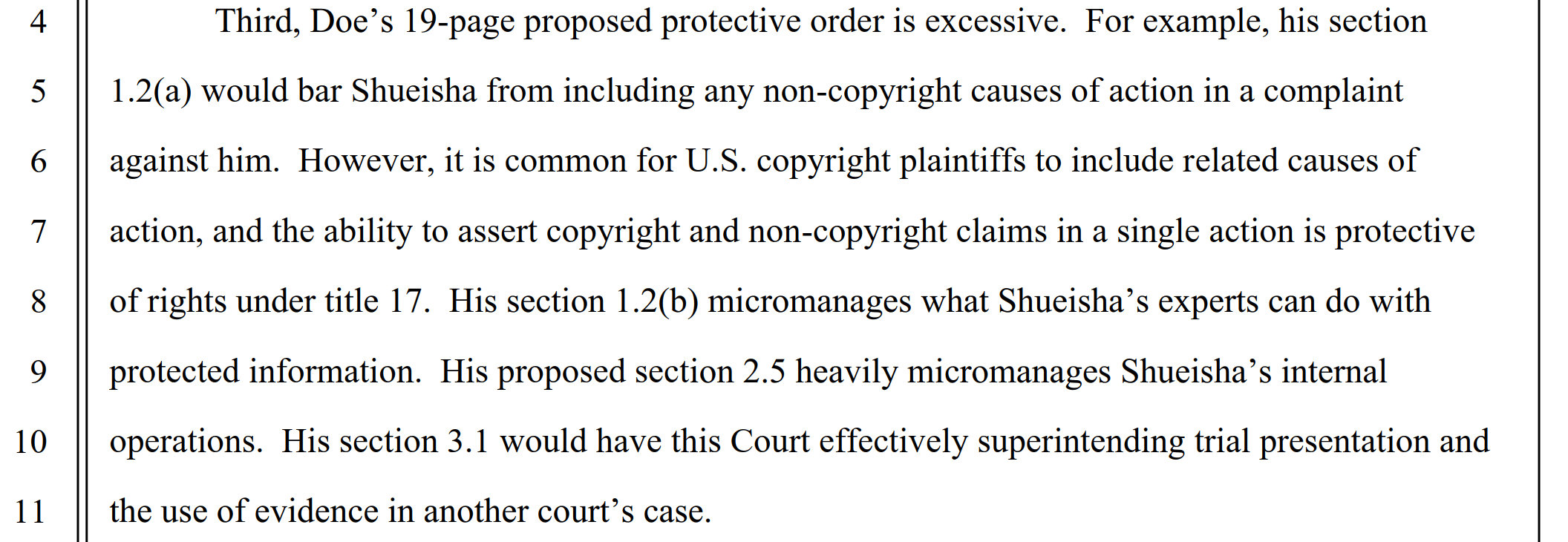
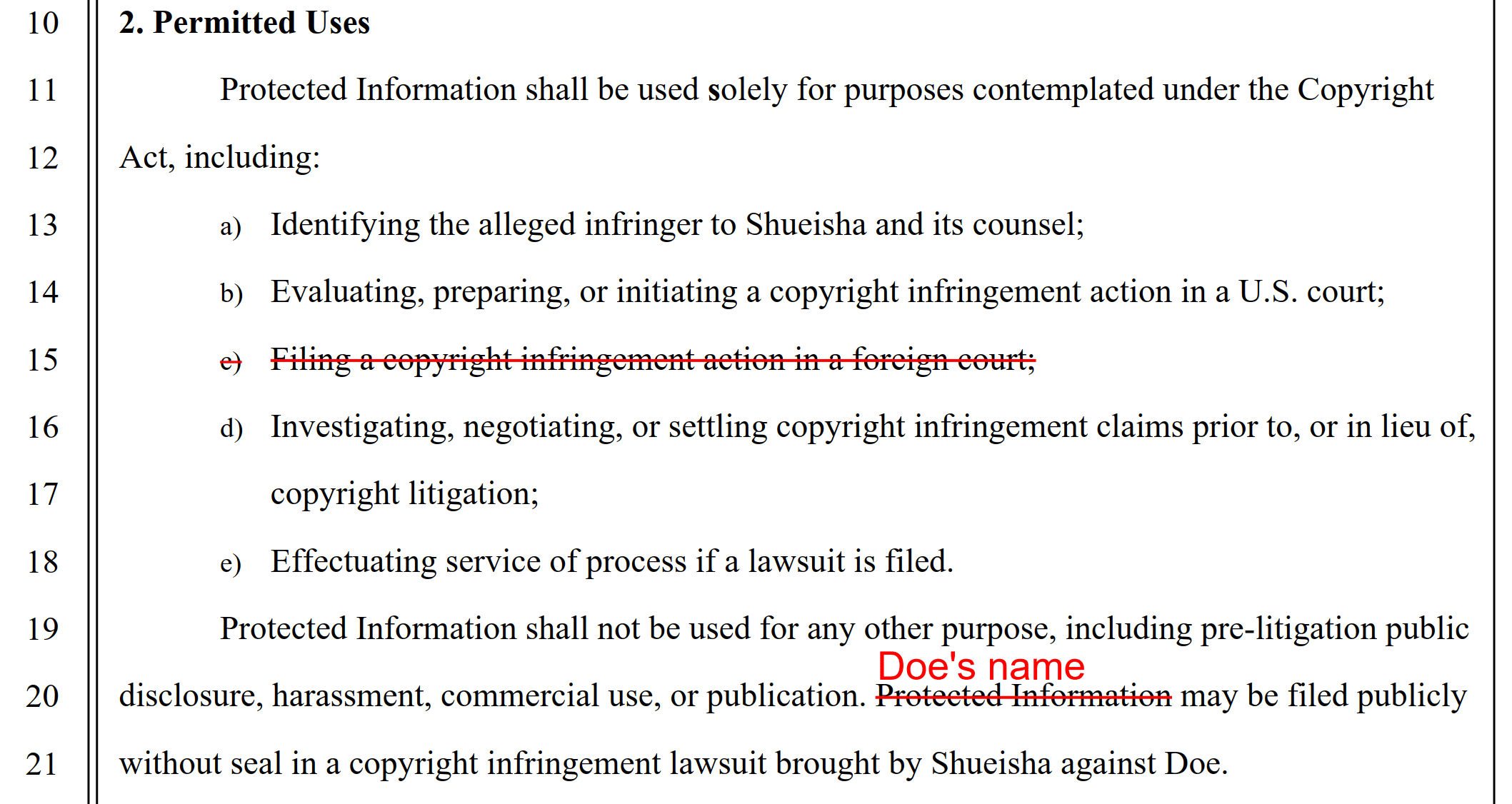
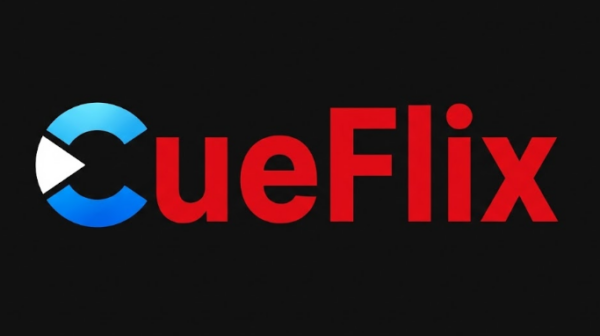 In November 2015, Federal Police in Brazil launched Operation Blackbeard, a coordinated action to take down Latin America’s
In November 2015, Federal Police in Brazil launched Operation Blackbeard, a coordinated action to take down Latin America’s

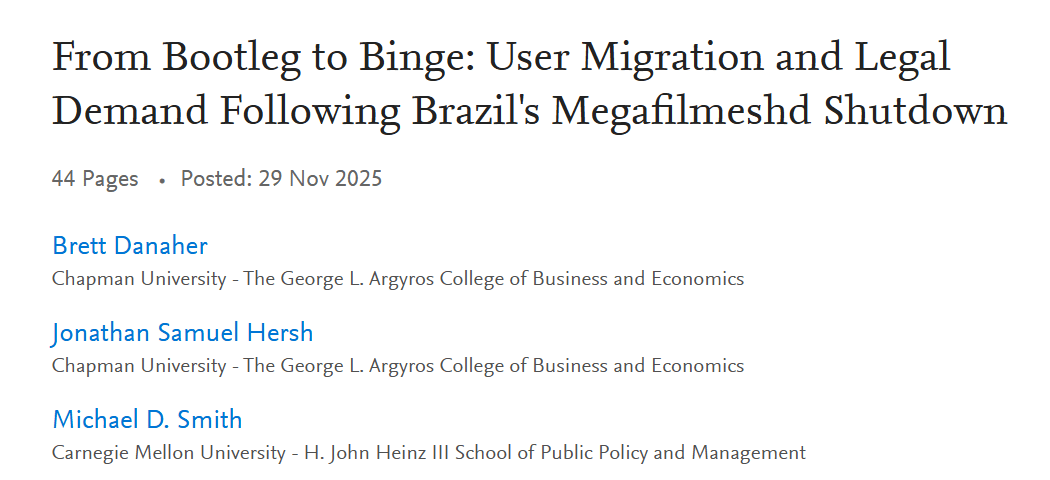
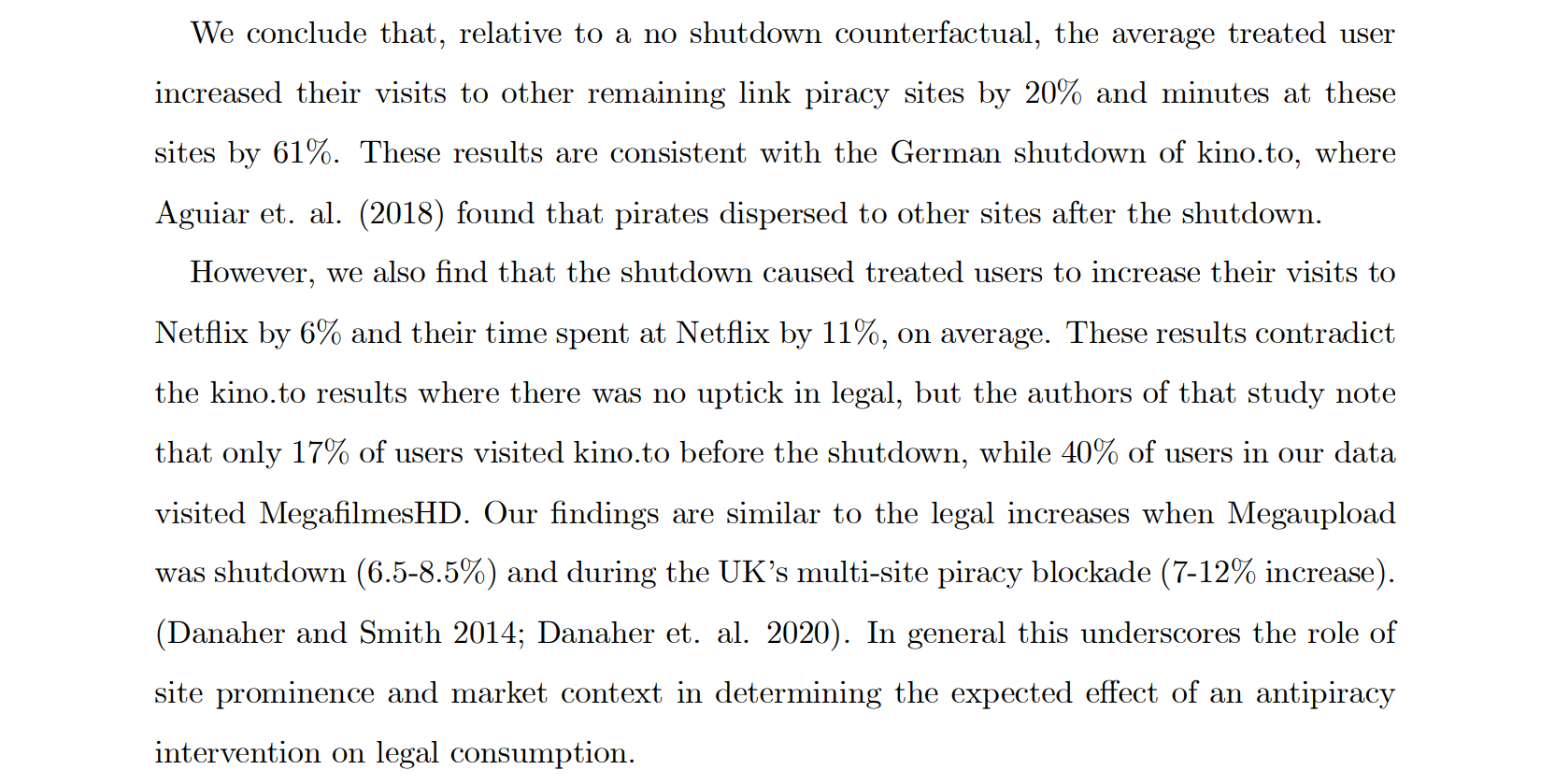
 Downloading audio and video from YouTube is generally not allowed, which the video streaming service clearly states in its terms of service.
Downloading audio and video from YouTube is generally not allowed, which the video streaming service clearly states in its terms of service.
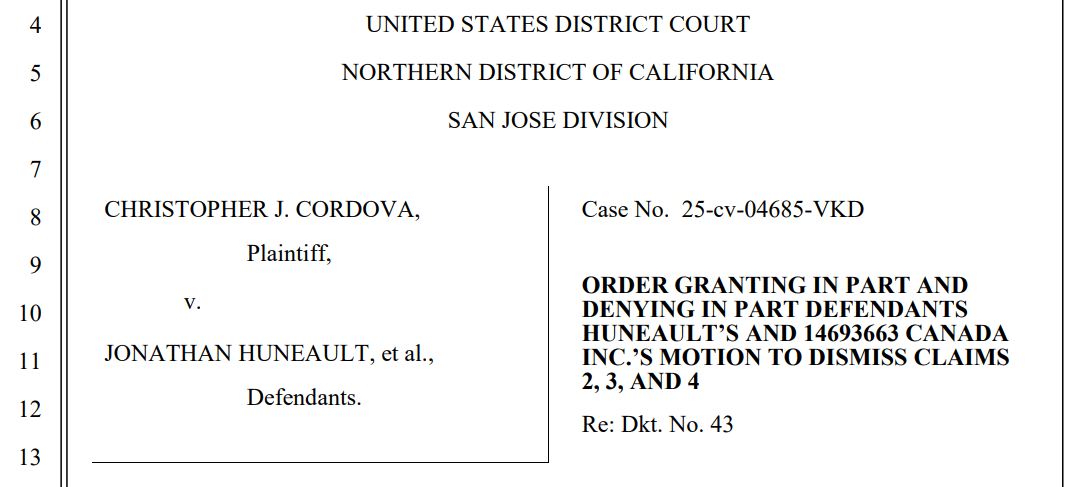
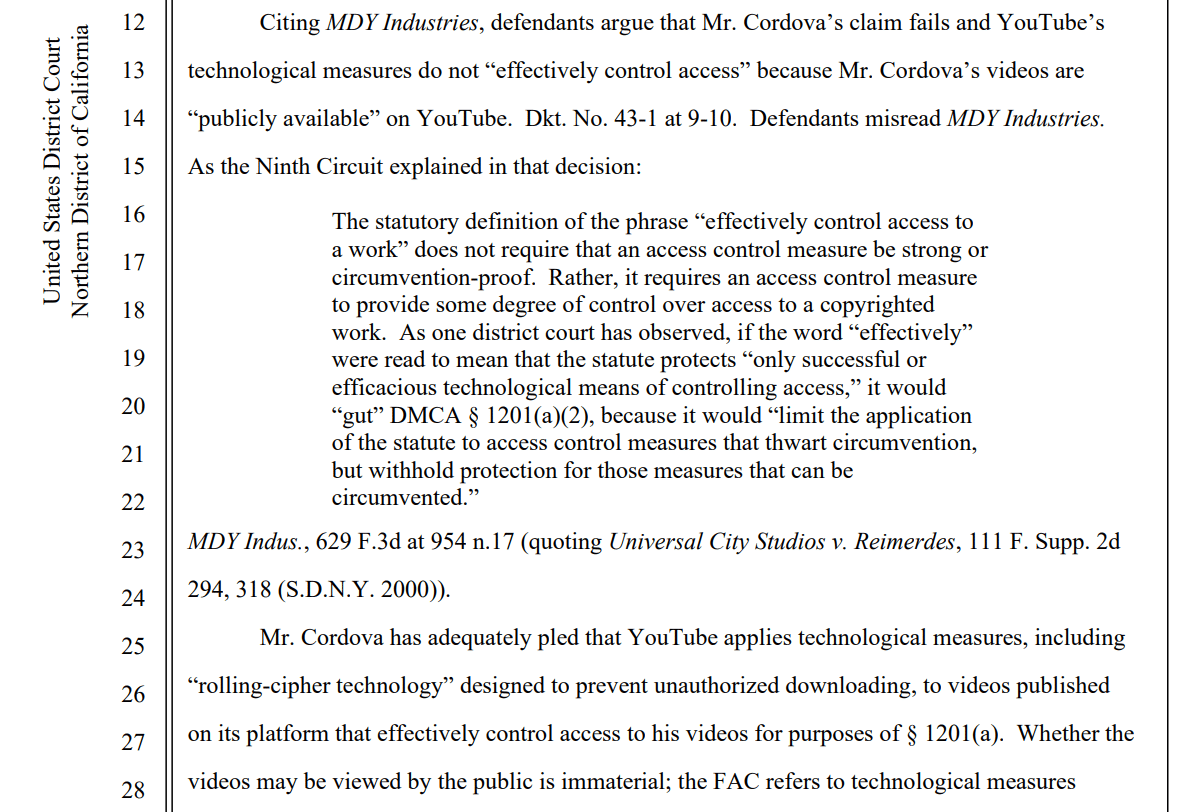
 Last month, we reported on an expanded class-action lawsuit in which several authors accused NVIDIA of using millions of pirated books to train its AI models.
Last month, we reported on an expanded class-action lawsuit in which several authors accused NVIDIA of using millions of pirated books to train its AI models.
